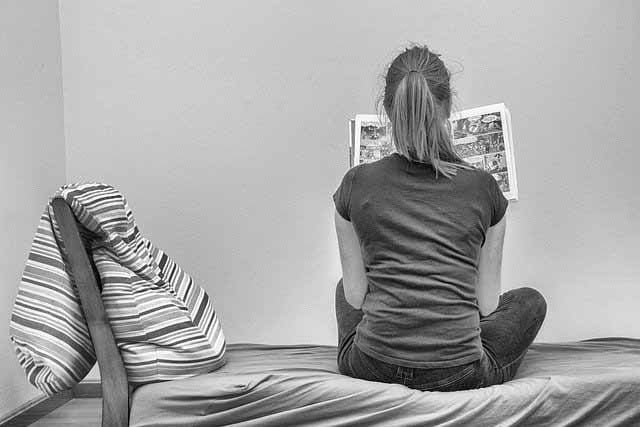Up until a week ago, many of us had probably never heard the term ‘self-isolation’. Now, however, not a day goes by without us being aware of people who have been asked or chosen to isolate themselves in order to try to minimise the spread of the Coronavirus.
What impact does this have on workers’ rights and pay? We asked Nicole Rogers, Solicitor at DAS Law for the answers.
Can my employer deduct my pay for the time I am away from work?
This will depend on the facts. If you are otherwise fit for work but are taking precautionary steps by ‘self-isolating’, technically you are not entitled to pay.
However, it is good practice for employers not to deduct pay in these situations. An employee would usually be ‘self-isolating’ on the advice of a doctor and it is sensible for an employer to show understanding in order to fulfil health and safety obligation and maintain good staff relations.
In addition, to withhold pay could encourage an employee to return to work prematurely which might potentially risk spreading the virus. Many employers can allow temporary flexible working arrangements where employees can work from home.
What are my rights if I’m quarantined and boss refuses to pay my salary?

If you have contracted the virus, normal rules around sick pay will apply and you will either receive Statutory Sick Pay (SSP) or contractual sick pay. If your employer has specifically told you not to come into the workplace as you have been in or to an affected area, you would ordinarily receive your normal pay.
What is unclear is a situation where an employee remains off work as they have been quarantined or recommended to isolate themselves. In those circumstances, it would not strictly be considered as sick as the reason for the absence isn’t because the employee is unwell and therefore has no entitlement to sick pay.
There may be a contractual clause relating to such circumstances and how this time off should be paid. In the absence of any contractual clause, the position will be that the leave will be unpaid (or the employee can request to use their annual leave entitlement to cover the absence).
Can I be forced to use my annual leave if I am ‘self-isolating’?
You cannot be forced to use annual leave if you are medically unfit for work. However, in many other circumstances, your employer can force you to take annual leave if they provide you with adequate notice; twice the amount of the days you are being forced to take. For example, to force you to use 5 days’ holiday, your employer must give you 10 days’ notice.
Again, this may risk good staff relations and given that employers and employees will likely be unfamiliar in dealing with a health crisis of this magnitude, it will be good practice for both parties to mutually agree how leave will be taken.
Will I be paid statutory sick pay while I’m away from work?
Only if you are medically unfit for work and meet the eligibility criteria for Statutory Sick Pay.
Will my pay be affected if I have to stay at home due to my child’s school being closed?
You have the right to reasonable time off to deal with unexpected disruptions relating to the care of your child; this includes incidents relating to your child’s school. You must notify your employer as soon as possible and advise, where practicable, how long the disruption is likely to last. This time off is unpaid but you may request to use this time as paid annual leave.
If I am on a ‘zero hours’ contract will I lose pay for the time I am away from work?
Genuine zero-hour workers have no right to be offered work and no obligation to accept work. Therefore, you will likely have no right to pay. In the event that you have been advised to self-isolate, your employer will be entitled to simply not offer you any work until the isolation period has ended.


